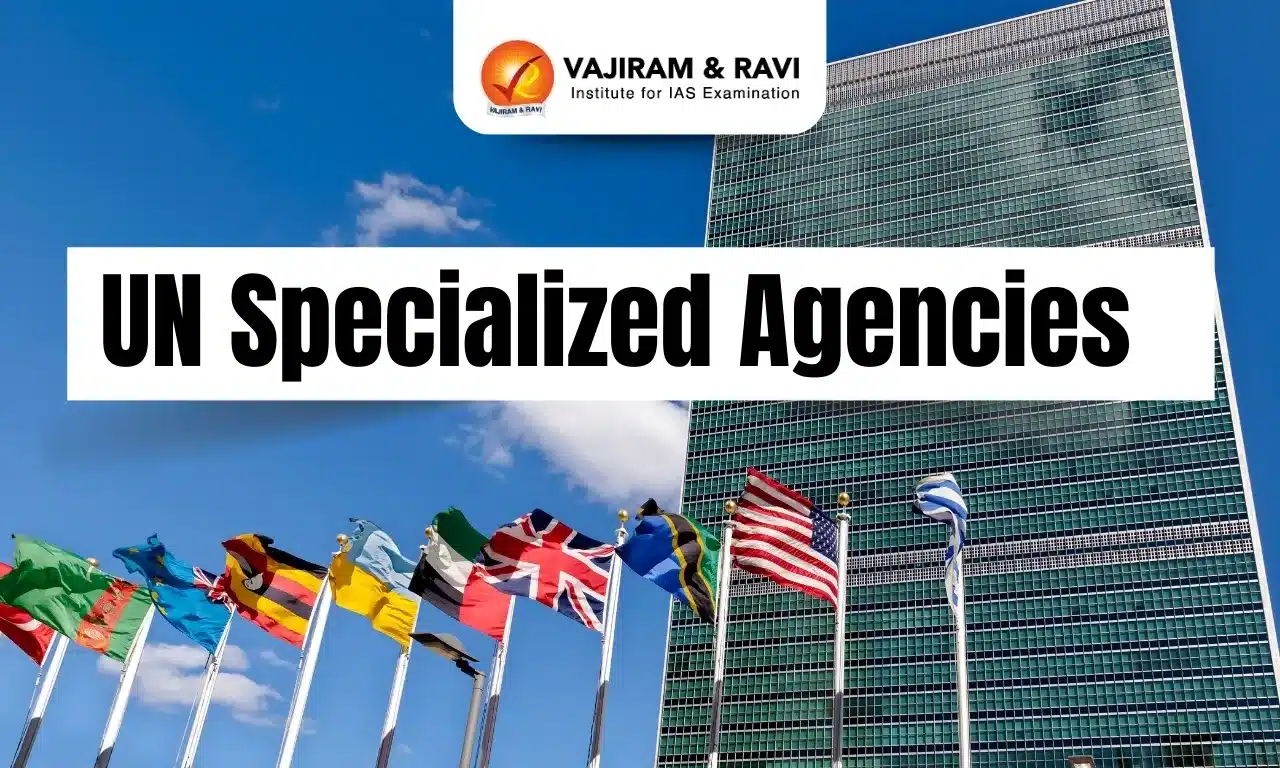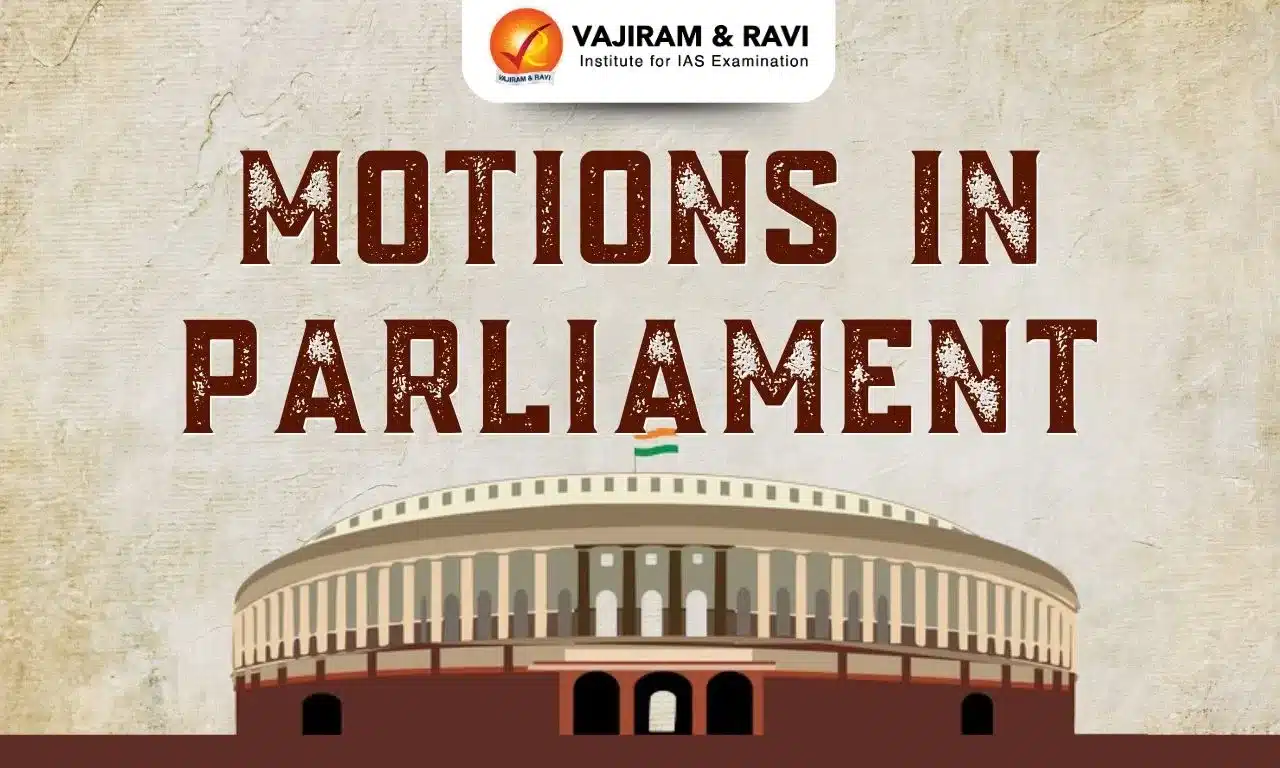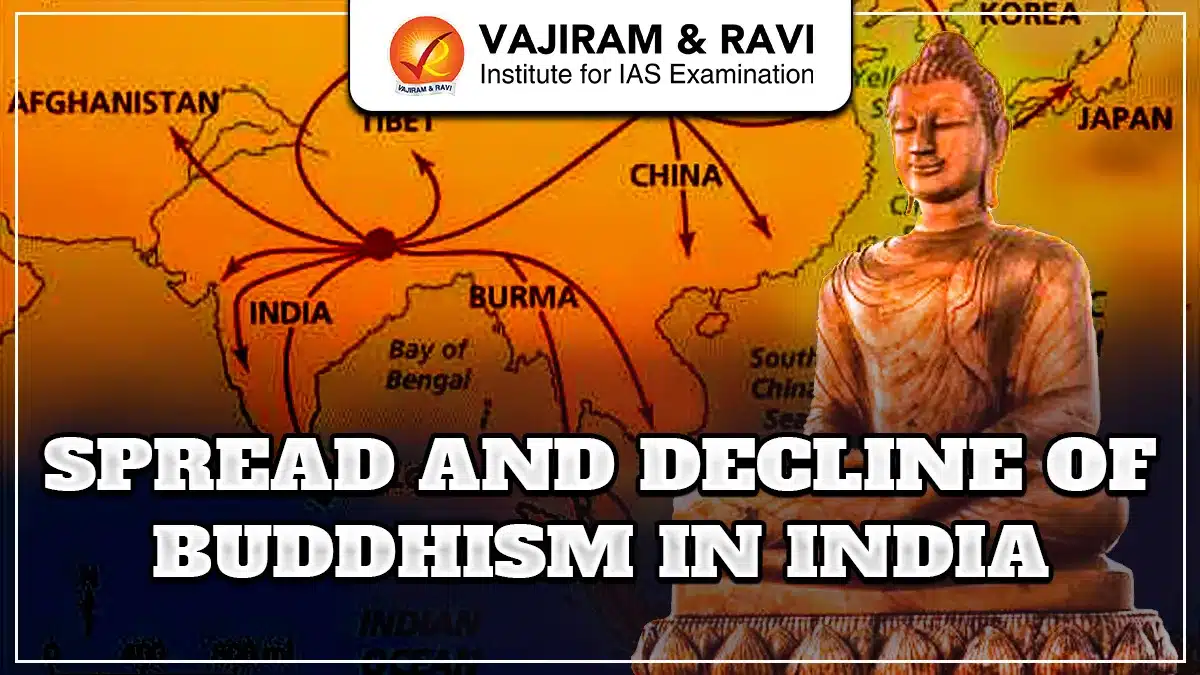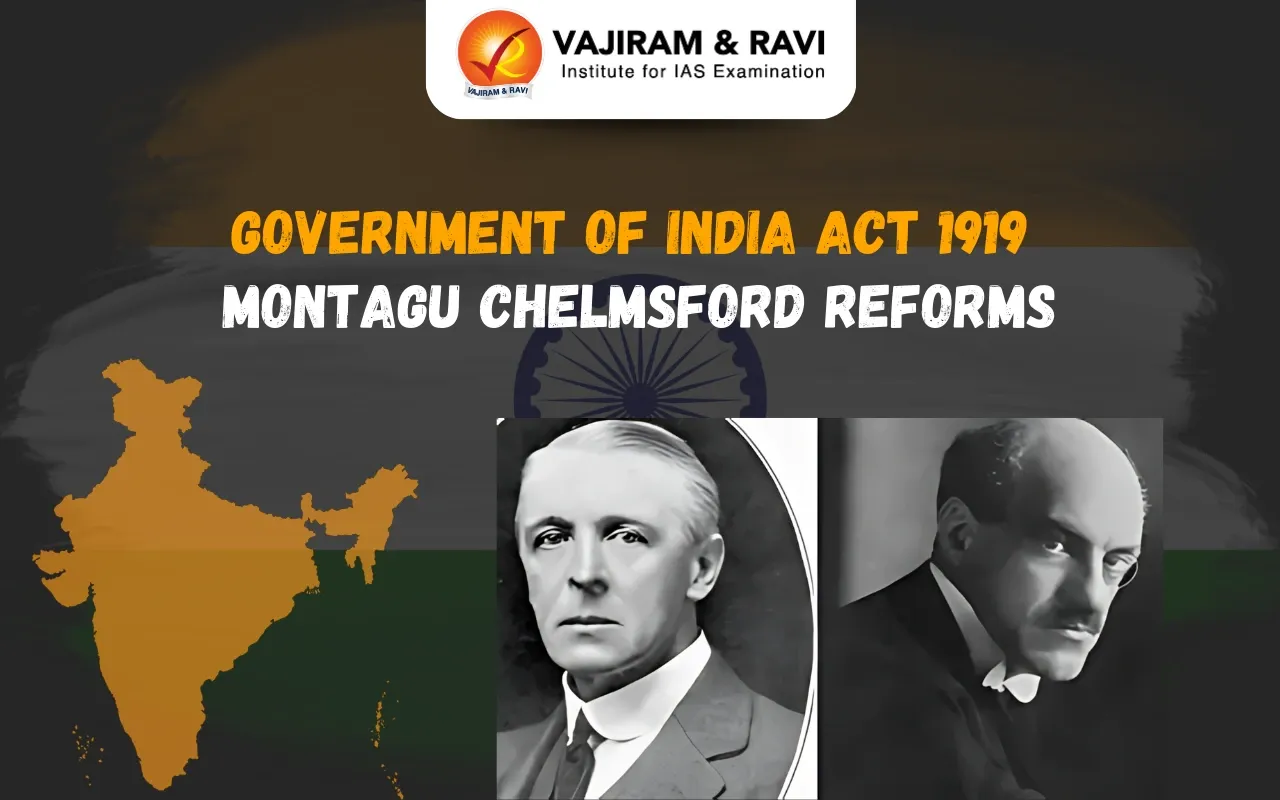What are the specialized agencies of the United Nations?
The organizational structure of the United Nations (UN) consists of principal organs, specialized agencies, funds and programmes, related organizations, and other entities and bodies.
- The UN specialized agencies are autonomous international organizations working with the United Nations.
- All specialized agencies were brought into a relationship with the UN through negotiated agreements.
- Some specialized agencies existed before the First World War and some were associated with the League of Nations.
- Others were created almost simultaneously with the UN. These specialized agencies were created by the UN to meet emerging needs.
- There are currently 15 specialized agencies of the UN.
|
|
International Labour Organization
- Objective: International Labour Organization (ILO) promotes international labour rights by formulating international standards on the freedom to associate, collective bargaining, the abolition of forced labour, and equality of opportunity and treatment.
- Foundation: Founded in October 1919 under the League of Nations, it is the first and oldest specialized agency of the UN.
- Received Nobel Peace Prize: In 1969, the ILO received the Nobel Peace Prize for improving fraternity and peace among nations, pursuing decent work and justice for workers, and providing technical assistance to other developing nations.
- Tripartite agreement: Unlike other United Nations specialized agencies, the ILO has a tripartite governing structure that brings together governments, employers, and workers of 187 member States, to set labour standards, develop policies and devise programmes promoting decent work for all women and men.
- International Labour Conference: Once a year, the ILO organizes the International Labour Conference in Geneva to set the broad policies of the ILO, including conventions and recommendations.
- Member of UNDG: ILO is also a member of the United Nations Development Group.
- Important Reports:
- World Employment and Social Outlook
- Care Work & Care Jobs for the Future of Decent Work Report
- World of Work Report
- Global Wage Report
- Headquarters: Geneva, Switzerland
World Health Organization
- Foundation and objective: Established in 1948, World Health Organization(WHO) is the directing and coordinating authority on international health within the United Nations system.
- World Health Assembly: It is the decision-making body of WHO. It is attended by delegations from all WHO Member States.
- Important Reports:
- The World health statistics report
- The World Health Report (WHR)
- World Malaria Report
- Sustainability Index and Flourishing Index
- State of Food Security and Nutrition Report
- World Tuberculosis Report
- Global Nutrition Report
- World Vision Report
- Ambient Air Pollution Report
- Headquarters: Geneva, Switzerland
International Monetary Fund
- Objective: International Monetary Fund(IMF) fosters economic growth and employment by providing temporary financial assistance to countries to help ease the balance of payments adjustment and technical assistance.
- Foundation: Formed in 1944 at the Bretton Woods Conference with the goal of reconstructing the international monetary system.
- Important Reports:
- World Economic Outlook
- Global Financial Stability Report
- Headquarters: Washington, DC, USA
World Intellectual Property Organization
- Objective: World Intellectual Property Organization(WIPO) protects intellectual property throughout the world through international treaties.
- Foundation: Formed in 1967 to discuss and shape international IP rules and policies.
- Conventions:
- The Paris Convention for the Protection of Industrial Property was adopted in 1883 and was one of the first intellectual property treaties.
- The Berne Convention was adopted in 1886. It deals with copyright, the protection of works and the rights of authors and rights holders.
- In 1989, the Madrid agreement of trademarks was signed to facilitate the registration of trademarks in multiple jurisdictions around the world
- Important Reports:
- The World Intellectual Property Report
- Global Innovation Index
- Headquarters: Geneva, Switzerland
International Maritime Organization
- Objective: International Maritime Organization (IMO) has created a comprehensive shipping regulatory framework, addressing safety and environmental concerns, legal matters, technical cooperation, security, and efficiency.
- Foundation: The IMO was established in 1948 following the agreement at a UN conference held in Geneva.
- UNCLOS: The United Nations Convention on the Law of the Sea was adopted in 1982. It lays down a comprehensive regime of law and order in the world's oceans and seas, establishing rules governing all uses of the oceans and their resources.
- International Seabed Authority (ISA): is the intergovernmental body of 167 member states and the European Union established under the 1982 UNCLOS and the 1994 Agreement relating to the Implementation of Part XI of the UNCLOS.
- The headquarters is located in Kingston, Jamaica.
- The Authority obtained its observer status in the United Nations in 1996.
- India signed a 15-year contract for the exploration of Polymetallic Nodules in the Central Indian Ocean Basin with the International Seabed Authority in 2002.
- The "Mining Code" is issued by ISA and refers to the set of rules to regulate the prospecting, exploration and exploitation of marine minerals in the international seabed area.
- MARPOL convention: In 1973, The International Convention for the Prevention of Pollution from Ships (MARPOL) was the main international convention covering prevention of pollution of the marine environment by ships from operational or accidental causes.
- SOLAS convention: In 1974, The International Convention for the Safety of Life at Sea (SOLAS) was signed as an international maritime treaty that sets minimum safety standards in the construction, equipment and operation of merchant ships.
- Cape Town Agreement: The IMO Cape Town Agreement is an international International Maritime Organization legal instrument established in 2012, that sets out minimum safety requirements for fishing vessels of 24 metres in length and over or equivalent in gross tons.
- Headquarters: London, United Kingdom
World Meteorological Organization
- Objective: World Meteorological Organization(WMO) facilitates the free international exchange of meteorological data and information and the furtherance of its use in aviation, shipping, security, and agriculture, among other things.
- Foundation: Formed in 1950 after the Convention of the World Meteorological Organization, signed in 1947.
- WMO Statement on the status of the World Climate: It is published annually to provide details of global, regional and national temperatures and extreme weather events.
- WMO Strategic Plan includes:
- Disaster risk reduction
- The Global Framework for Climate Services (GFCS)
- The WMO Integrated Global Observing System (WIGOS)
- Aviation meteorological services
- Polar and high mountain regions
- Received Nobel Peace Prize: In 2007, the Intergovernmental Panel on Climate Change (IPCC), a joint creation of the WMO and the United Nations Environment Programme (UNEP), received the Nobel Peace Prize for their efforts to build up and disseminate greater knowledge about climate change.
- World Meteorological Day: The World Meteorological Day is held annually on 23 March.
- Important Reports:
- Greenhouse Gas Bulletin
- Global Seasonal Climate update
- State of the Global Climate 2020
- United in Science Report
- State of Climate Services
- Headquarters: Geneva, Switzerland
International Telecommunication Union
- Objective: International Telecommunication Union(ITU) is the UN agency for information and communication technologies. It is committed to connecting all the world's people – wherever they live and whatever their means.
- Foundation: It was established in 1865 as the International Telegraph Union, making it the first international organization.
- The World Summit on the Information Society (WSIS): was convened by the ITU along with UNESCO, UNCTAD, and UNDP, with the aim of bridging the digital divide. It was held in the form of two conferences in 2003 and 2005 in Geneva and Tunis, respectively.
- World Conference on International Telecommunications: In 2012, the ITU facilitated The World Conference on International Telecommunications 2012 in Dubai to address International Telecommunications Regulations, the international rules for telecommunications, including international tariffs.
- Important Reports:
- World Telecommunication/ICT Indicators Database
- Global Cybersecurity Index
- ICT Development Index
- Headquarters: Geneva, Switzerland
World Bank
- Objective: The World Bank focuses on poverty reduction and the improvement of living standards worldwide by providing low-interest loans, interest-free credit, and grants to developing countries.
- Foundation: It was established in 1944 along with the International Monetary Fund at the Bretton Woods Conference.
- Important Reports:
- Global Economic Prospects
- International Debt Statistics
- World Development Report
- Global Financial Development Report
- Logistics Performance Index
- Ease of Doing Business
- Poverty and Shared Prosperity 2020
- Headquarters: Washington, DC, USA
United Nations Educational, Scientific and Cultural Organization
- Objective: United Nations Educational, Scientific and Cultural Organization(UNESCO) focuses on everything from teacher training to helping improve education worldwide to protecting important historical and cultural sites around the world.
- Foundation: UNESCO was established in 1945 as the successor to the League of Nations’ International Committee on Intellectual Cooperation.
- Member of UNSDG: UNESCO is a member of the United Nations Sustainable Development Group, a coalition of UN agencies and organizations aimed at fulfilling Sustainable Development Goals.
- UNESCO’s activities include:
- Translation and dissemination of world literature.
- Helps establish and secure World Heritage Sites of cultural and natural importance.
- Works to bridge the worldwide digital divide and creates inclusive knowledge societies through information and communication.
- The goal of ‘Education For All’.
- World Heritage Committee: It was established in 1976 and the first site inscribed on the World Heritage List in 1978.
- Man and the Biosphere Programme: In 1968, UNESCO organized the first intergovernmental conference with the creation of UNESCO's Man and the Biosphere Programme.
- MacBride Commission: was set up in 1977 to study the imbalance in information and communication between developed and developing countries.
- Important Reports:
- Global Education Monitoring Report
- United Nations World Water Development Report
- Gender Parity Index
- State of the Education Report for India 2021
- World Water Development Report
- Headquarters: Paris, France.
Last updated on February, 2026
→ UPSC Notification 2026 is now out on the official website at upsconline.nic.in.
→ UPSC IFoS Notification 2026 is now out on the official website at upsconline.nic.in.
→ UPSC Calendar 2026 has been released.
→ Check out the latest UPSC Syllabus 2026 here.
→ Join Vajiram & Ravi’s Interview Guidance Programme for expert help to crack your final UPSC stage.
→ UPSC Mains Result 2025 is now out.
→ UPSC Prelims 2026 will be conducted on 24th May, 2026 & UPSC Mains 2026 will be conducted on 21st August 2026.
→ The UPSC Selection Process is of 3 stages-Prelims, Mains and Interview.
→ Prepare effectively with Vajiram & Ravi’s UPSC Prelims Test Series 2026 featuring full-length mock tests, detailed solutions, and performance analysis.
→ Enroll in Vajiram & Ravi’s UPSC Mains Test Series 2026 for structured answer writing practice, expert evaluation, and exam-oriented feedback.
→ Join Vajiram & Ravi’s Best UPSC Mentorship Program for personalized guidance, strategy planning, and one-to-one support from experienced mentors.
→ UPSC Result 2024 is released with latest UPSC Marksheet 2024. Check Now!
→ UPSC Toppers List 2024 is released now. Shakti Dubey is UPSC AIR 1 2024 Topper.
→ Also check Best UPSC Coaching in India
UN - Specialized Agencies FAQs
Q1. Which was the first specialized agency of the United Nations?+
Q2. What are Bretton Woods institutions?+
















